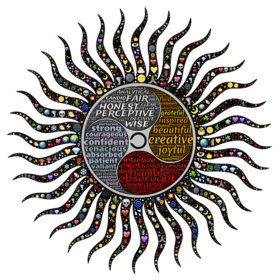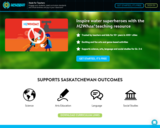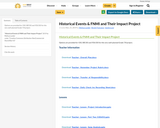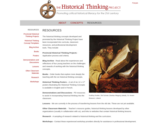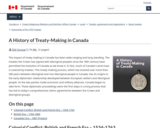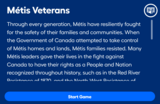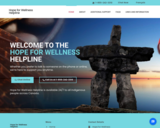The historical thinking concepts developed and promoted by the Historical Thinking Project have been incorporated into curricula, classroom resources, and professional development tools. They include:
Provincial Historical Thinking Projects - Application process and criteria.
Blog Archive - Read about the experiences and reflections of four young teachers on the challenges and rewards of working with the historical thinking concepts.
Books - Order books that explore more deeply the teaching with the six historical thinking concepts.
Historical Thinking Posters – A set of six 12 x 17" posters illustrating the Historical Thinking Concepts is available in English and in French.
Demonstrations and Discussions - PD resources to assist in incorporating historical thinking into the classroom.
Lessons - We are currently in the process of transferring lessons from the old site. These are not yet available.
Other Classroom Materials - Teacher’s resource guides, historical thinking lessons developed by other organizations (usually in collaboration with us), and links to websites that contain historical thinking lessons.
Research - A sampling of research related to historical thinking and the curriculum.
Workshops - Contact these experienced workshop providers directly for assistance in professional development.
Use of Materials/Copyright
We encourage the use of resources, lessons, and information from our site, but we ask that you credit the Historical Thinking Project for the ideas and materials, by listing our name and our website URL (www.historicalthinking.ca). Fair use of resources does NOT include posting of HTP power points, videos, or other resources on other sites. Use a link to www.historicalthinking.ca instead.
We want historical thinking incorporated into curriculum, classrooms, and educational resources as widely as possible. When you reference the Historical Thinking Project (www.historicalthinking.ca) you are helping us to achieve this goal.

